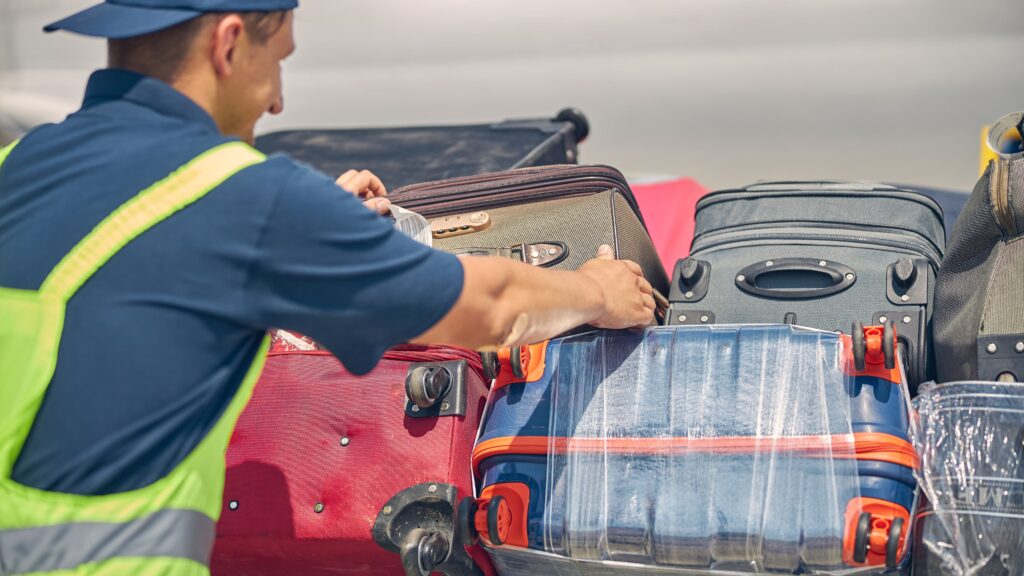An improvement in baggage handling has been noted in 2023, attributed to advancements in automation. However, further enhancements are required to enhance passenger satisfaction. The collaboration and investment in technology play a crucial role in reducing baggage mishandling rates within the aviation industry. Passenger visibility throughout the baggage process is deemed essential. Real-time communication aids in alleviating stress and ensuring a smoother travel experience.
“It happens to everyone,” the phrase commonly heard by distraught passengers when their bags go missing. Although the statistics stating a low occurrence per thousand bags do little to comfort those affected, the rate of mishandled bags decreased in 2023, according to SITA, the air transport technology provider. The decline in mishandling rates occurred despite a surge in passenger numbers, surpassing pre-pandemic levels.
The recently released SITA Baggage IT Insights 2024 report highlighted a reduction in mishandled bags from 7.6 to 6.9 per 1,000 passengers in 2023, reflecting a positive trend amidst increased passenger traffic. SITA emphasized the positive impact of technology investments over the years, contributing to a declining mishandling rate. To sustain this progress, a continued focus on digitalization, leveraging AI for data analysis, and implementing computer vision tech in baggage handling automation is crucial.
SITA CEO, David Lavorel, highlighted the significance of baggage automation in enhancing passenger experiences. With the projected doubling of global passenger traffic by 2040, advancements in collaboration, communication with passengers, and investments in innovative technologies like AI and computer vision are paramount. These technologies streamline data gathering, integration, and sharing, facilitating informed decision-making processes.
The collaborative approach between airlines and airports in sharing baggage data is pivotal for further improvements. Although progress has been made, data sharing rates at baggage collection and delivery points could be enhanced. Initiatives like full baggage tracking and real-time status data advocated by IATA, supported by SITA, promote seamless data sharing along the baggage journey.
The integration of self-service options at airports, like unassisted bag drops, has become prevalent among airlines and airports. Passengers seek real-time visibility into the baggage handling process, with many relying on mobile updates for bag collection information. The promotion of self-service, real-time communication, and increased visibility aims to reduce traveler stress and anxiety, enhancing the overall travel experience.
A regional breakdown reveals significant variations in mishandling rates, with Asia-Pacific maintaining a steady rate compared to North America and Europe, where fluctuations have occurred over the years. The emphasis on improving baggage handling services is essential to meet passenger expectations and ensure a seamless travel experience.
Are you content with how your baggage is managed? Share your thoughts in the comments section below.

